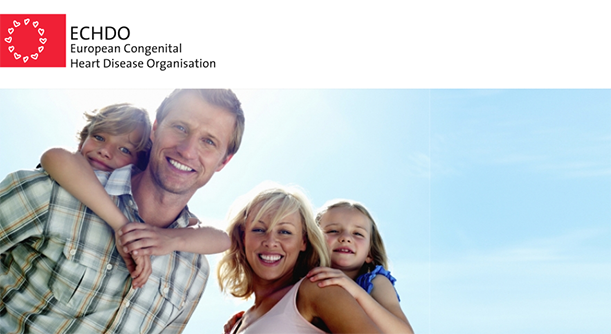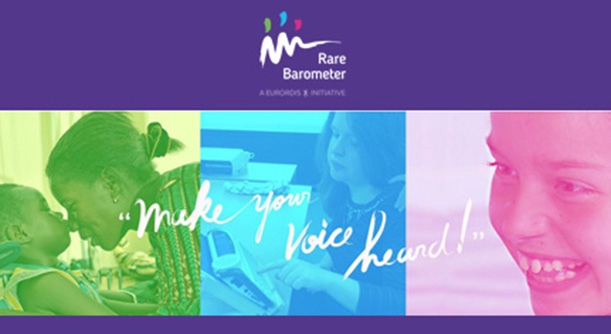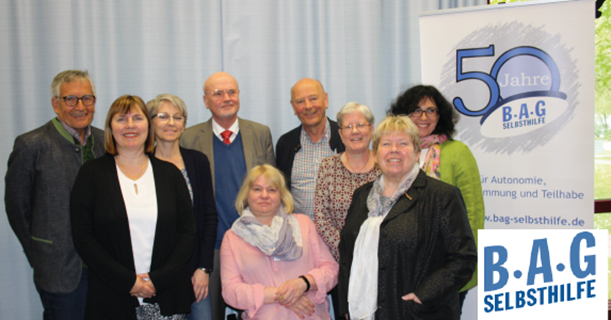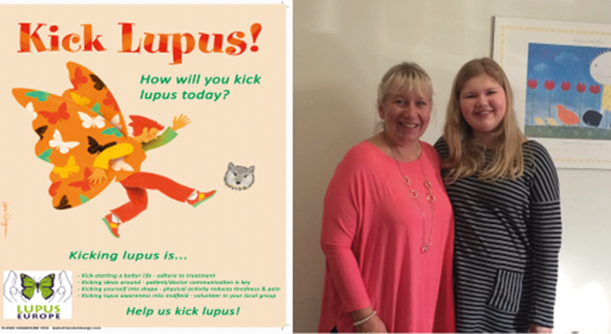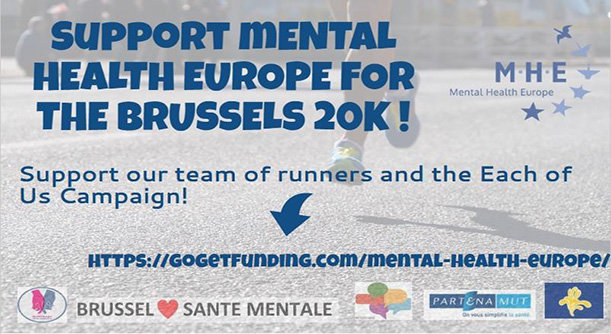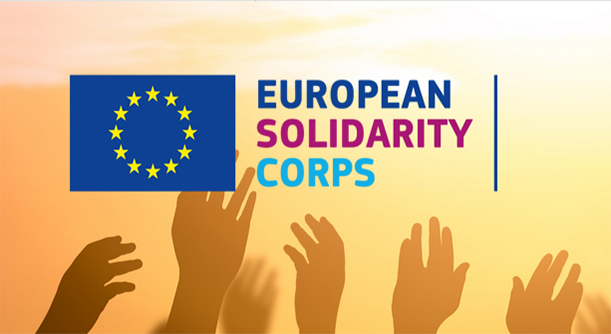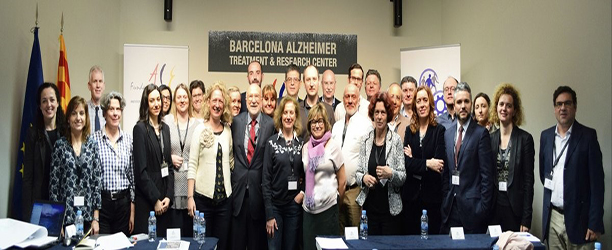Every month we put the spotlight on one of our members. Today, we are delighted to catch up with the European Congenital Heart Disease Organisation (ECHDO), who recently joined EPF.
- What’s on the top of your agenda?
Our main objective is to bring congenital heart disease (CHD) associations together. Our members have a wealth of experience in overcoming the challenges faced by new, growing or long-established organisations, including raising funds, registering as a legal body, recruiting volunteers and staff, setting up events, and running campaigns. By connecting our members together, we create a platform for exchange supporting the growth of CHD patient organisations.
Another core objective is to support local CHD associations in setting up national coalitions in countries where such a network does not exist yet. By supporting the development of national CHD organisations, we help raise awareness of the condition and ultimately provide greater support to patients. We also collaborate with scientific associations, such as the Association of European Pediatric Cardiology (AEPC) and help patients and families with information regarding their health care, especially when they have to travel abroad.
- Why does your organisation exist?
Our agenda is to share information and experience in order to improve access to the best possible care and treatment for all people affected by congenital heart disease in Europe. Our organisation exists to bring European congenital heart disease organisations together in order to share best practices on the many challenges faced by CHD patients. Our organisation also provides the opportunity to submit joint proposals for European projects.
- What is your biggest achievement as an organisation?
We are very proud of having contributed to the setting up of national coalitions of CHD patients, such as “AICCA”, the Italian GUCH (Grown-Ups with CHD) Association and Beating Hearts Malta (BHM).
Sharing expertise and knowledge with many different CHD associations, for instance by organising major European conferences can also be considered a main achievement, as it eventually helped growing the patient organisations and in turn, supported the patients and/or carers in their everyday lives.
- What is for you the key benefit of your organisation’s involvement in EPF?
Being an EPF member brings a lot of benefits:
- We can connect with other umbrella organisations;
- We receive information and training about patient empowerment;
- By getting together under the umbrella of EPF, we are able to influence European policy-makers and make our voice heard at the EU level.
- What are your main challenges?
Many people do not even know about the existence of congenital heart disease. One main misconception is that heart disease occurs only at a later stage in life. More education is required when it comes to the general population.
